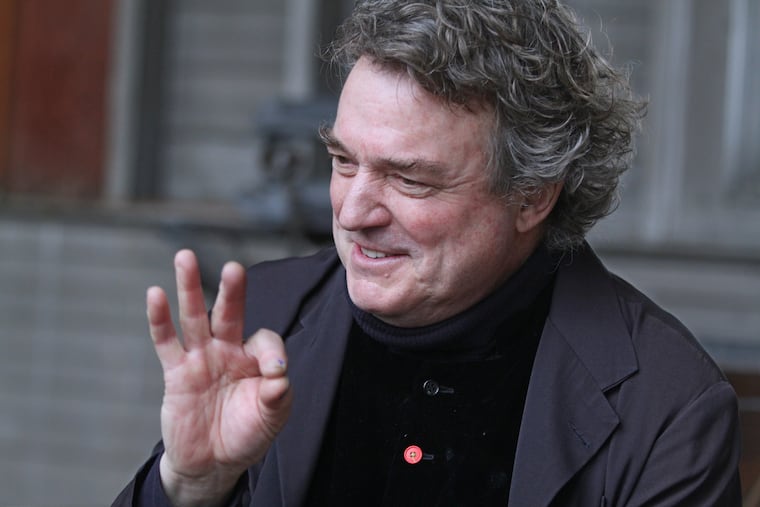Low expectations set for the EU-China summit in Beijing marking 50 years of diplomatic relations.

Top officials from the European Union, including Ursula von der Leyen, President of the European Commission, and Antonio Costa, President of the European Council, are slated to meet with Chinese President Xi Jinping in Beijing as the EU and China commemorate five decades of diplomatic relations. Scheduled for Thursday, this encounter marks the 25th EU-China summit, although uncertainty looms regarding the likelihood of a face-to-face meeting between von der Leyen, Costa, and Xi due to ongoing geopolitical tensions.
Originally intended as a two-day summit in Brussels, the event was adjusted after Xi declined to attend, as reported by The Financial Times. Only recently did China’s Ministry of Foreign Affairs formally acknowledge the meeting, which will also include Chinese Premier Li Qiang. Despite the unpredictable nature of these engagements, analysts believe that the summit provides a significant opportunity to reset diplomatic relations between Europe and China, according to Marina Rudyak, an assistant professor at Germany’s Heidelberg University.
China has consistently expressed a desire to normalize relations, emphasizing a commitment to pragmatic cooperation, identifying avenues for agreement while accommodating differences. In anticipation of the summit, Chinese state media presented a favorable analysis of EU-China relations, reflecting a broader understanding among officials of the critical nature of their relationship amidst global challenges.
Guo Jiakun, a spokesperson for China’s Foreign Ministry, described the China-EU relationship as one of the most influential in the world, poised at a vital moment where both new opportunities and challenges exist, particularly in light of a turbulent international landscape.
Nevertheless, tensions persist over issues such as human rights and geopolitical conflicts, notably concerning regions like Xinjiang and Ukraine. Although previous sanctions imposed by the EU targeting Chinese officials drew retaliatory measures, including initial sanctions on European lawmakers, recent developments have seen China lift these sanctions in a bid to foster goodwill prior to the summit.
While observers remain cautious about the potential for major agreements, efforts by both parties to engage in dialogue indicate a recognition of mutual interests, particularly as China navigates its critical ties to Russia amid ongoing sanctions imposed due to the conflict in Ukraine. As the EU scrutinizes China’s economic relations with Russia, its diplomatic approach will likely evolve, reflecting an understanding of the broader context of international diplomacy.
In light of trade dynamics, China is the EU’s third-largest trading partner, but concerns regarding a growing trade deficit—with specific issues surrounding overproduction and export subsidies impacting European industries—continue to color the economic discourse between the two regions. Observers have noted the importance of maintaining open channels of communication, highlighting that while no significant breakthroughs are anticipated, the summit could lay the groundwork for future dialogues that address the complexities of modern geopolitical relationships.
The upcoming summit represents not only a landmark in EU-China relations but also serves as a critical platform for addressing pressing issues that sway the delicate balance of global cooperation and international policy.
#WorldNews #PoliticsNews






